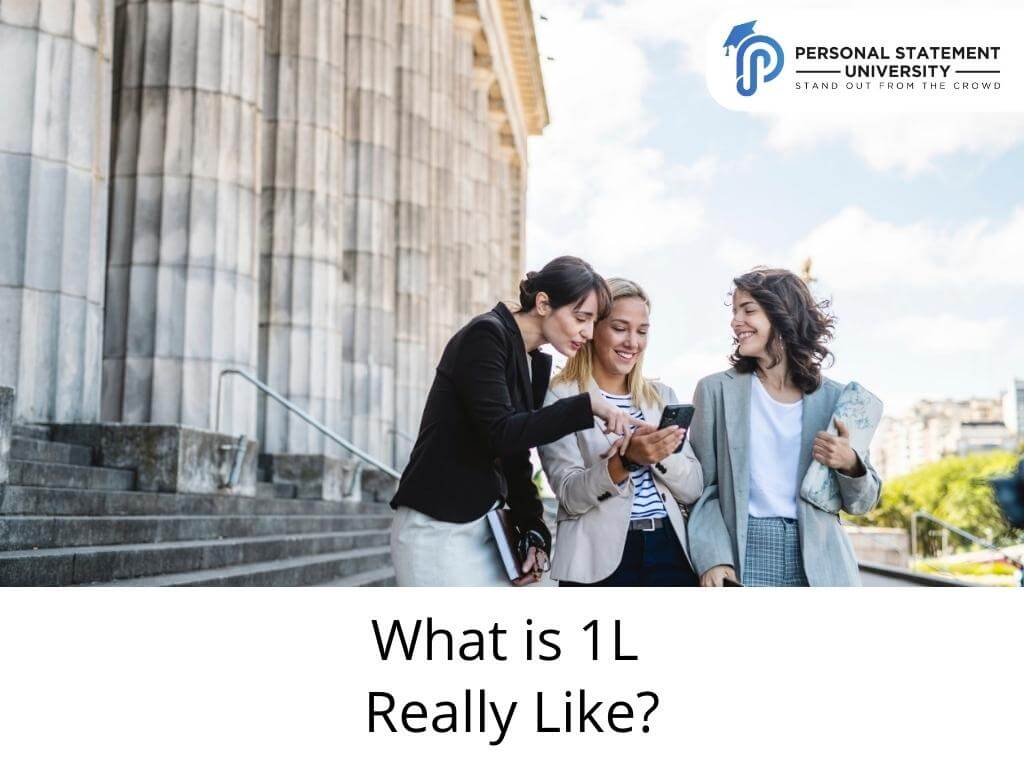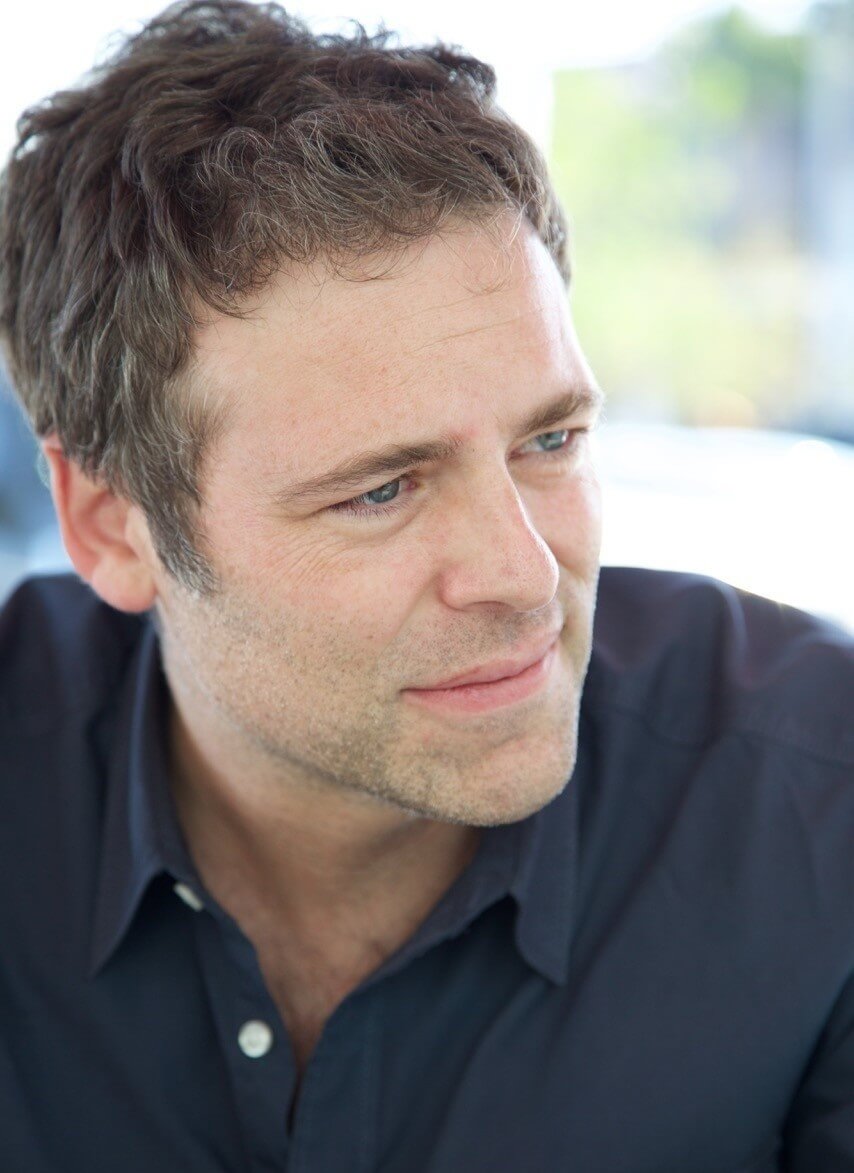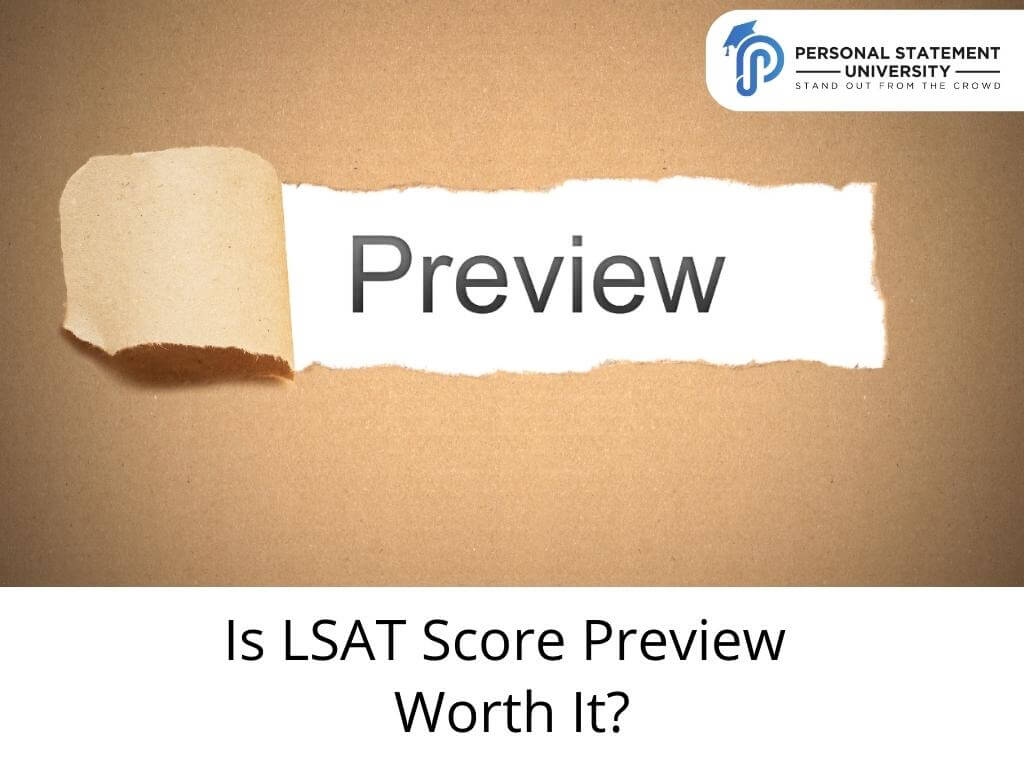What is 1L Really Like?
Still Confused?
Get in touch with us for
professional guidance.


Starting law school can seem so far away, especially if you don’t have your applications complete. Maybe you don’t even have an LSAT score yet. It’s easy to get discouraged when you have to put in so much work with no guarantee of the outcome you’re most hoping for.
But I’d like to take you back to my 1L experience, and maybe it can help you keep your eyes on the prize.
I was waitlisted at UCLA, and I didn’t hear back until late July, only a few weeks before the start of the semester. I didn’t get an acceptance email. Instead, I was invited in for an interview with an admissions officer. I was nervous, and I think it showed.
But the next day, I was offered a seat for the coming semester! It was my top choice, and I couldn’t have been happier. I was also anxious because I knew how competitive the admissions at UCLA are. I’d be matching wits with some very smart people.
I don’t remember exactly what I expected, other than nerve-wracking cold calls, but I was pleasantly surprised.
What I appreciated most was the way the law school teams you up with others. At UCLA and at most law schools, the entering 1L class is divided into sections. There were about a dozen people in my section, and we had all the same classes together. Although we didn’t have to, we just naturally studied together, and it made the steep learning curve a little easier to climb.
The way classes are structured is that you have one class that lasts the entire year, almost like a homeroom, that’s usually called “Legal Research & Writing” or some variation. At UCLA, they called it “Lawyering Skills,” which I snort-laughed at the first time I heard someone say it.
Apparently, “lawyering” is a word. Who knew?
Anyway, in that class, you learn the “how” of being a lawyer: conducting legal research, writing briefs and memoranda, and learning how to read statutes and case law. At the end of the second semester, we had to argue a motion in front of a “judge,” just like real lawyers. And all that performative stuff is done in teams, so you aren’t sweating the spotlight alone.
The other classes you take are also decided for you and usually consist of these classes: Contracts, Criminal Law, Property Law, Torts, and Civil Procedure. Some schools also include Constitutional Law as a required 1L course. Those classes each last a semester.
There are, of course, also lots of extracurricular opportunities like writing and editing on a legal journal, mock trial, the moot court – which is where you make arguments to judges instead of juries like lawyers do at the Supreme Court – and legal clinics, where you can make a difference immediately by helping to provide legal services to people who need it the most.
And I don’t know if it survived the age of COVID, but we had Bar Review every Thursday night, which was an excuse to hit the bars in Westwood, which is where UCLA is located.
I made friendships to last a lifetime, and you will soon enough, too. So, please, wherever you are in your application journey, keep looking toward the future. You can get into law school, you can be a lawyer someday.

Let Personal Statement University Put You on the Path to the Law School of Your Dreams:
Application Consulting - Work with a 15-year veteran of law school admissions who's helped thousands of people get admitted.
Essay Editing - Whether it's a personal statement, diversity statement, addendum, or another essay, we'll make sure it's polished and targeted.
The World's Only Interactive Personal Statement Course - Learn everything you need to know to get admitted - and find the right schools for you - for just $99.



